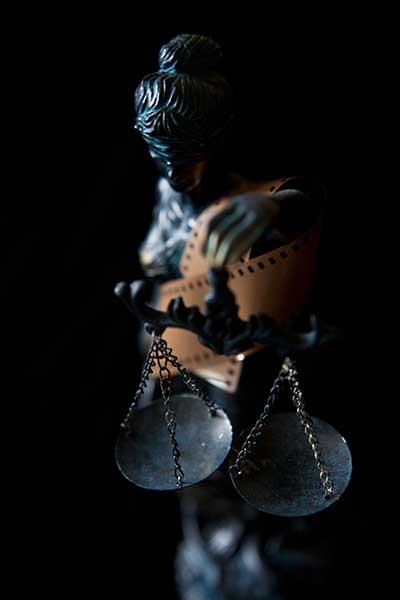So often, a subject or an issue may be characterized as "political", "religious", "social" or "economic", yet they are not mutually exclusive. Something that is characterized as political may very well (and often does) have economic, social and indeed legal implications. In a series of cartoons this week, Doonesbury's writer and artist Garry Trudeau satirizes the implications of Texas' sonogram law.
The law mandates that a physician who is to perform an abortion must prior to the abortion perform a sonogram and display the image of the foetus, make audible the heart auscultation of the foetus for the woman to hear and explain the results of each procedure. A 24 hour waiting period must take place between the sonogram and abortion procedure. See Texas Medical Providers Performing Abortion Services v. Lakey, 667 F.3d 570 (5th Cir. 2012).
The implications of such a procedure in early first term abortions are that doctors must perform the sonogram vaginally with the use of a ten-inch sonogram "wand".
In one strip, Trudeau depicts a scene where a woman seeking an abortion who does not want to undergo the sonogram procedure is told that it is mandated by law. The content of the strip is described as follows:
In the stirrups, she is telling a nurse that she doesn’t want a transvaginal exam. Doctor says “Sorry miss, you’re first trimester. The male Republicans who run Texas require that all abortion seekers be examined with a 10″ shaming wand.” She asks “Will it hurt?” Nurse says, “Well, it’s not comfortable, honey. But Texas feels you should have thought of that.” Doctor says, “By the authority invested in me by the GOP base, I thee rape."
The cartoon sketch is not only a political statement against those who have passed and advocate this law, it is also one that projects a view of legal normativity, specifically in relation to criminal law and the offense of rape. In Trudeau's view (amongst others) the procedure amounts to state-mandated rape. He asserts:
Texas’s HB-15 [bill] isn’t hard to explain: The bill says that in order for a woman to obtain a perfectly legal medical procedure, she is first compelled by law to endure a vaginal probe with a hard, plastic 10-inch wand. The World Health Organization defines rape as “physically forced or otherwise coerced penetration — even if slight — of the vulva or anus, using a penis, other body parts or an object.” You tell me the difference.
In justifying the use of the word rape, Trudeau further explained that "[c]oercion need not be physically violent to meet the threshold."
Proponents of the law will of course naturally object to this position arguing that a woman who wants to have an abortion is not being raped during these sonographic "procedures" as the woman seeking the abortion has a choice to consent to them.
True enough, there are times where patients must consent to certain invasive or otherwise uncomfortable preliminary procedures before undergoing a major or principal treatment or procedure. However, there is a difference when these invasive preliminary procedures are necessary. The patient has to make a choice to forego the main treatment or procedure or go through through the preliminary procedures and acquire the main procedure. Where the invasive procedure is not medically necessary and is invasive as the one prescribed under the impugned law, the circumstances are not the same. The choice is not nearly an acceptable one given the procedure that they must be forced to undergo is not medically necessary.
